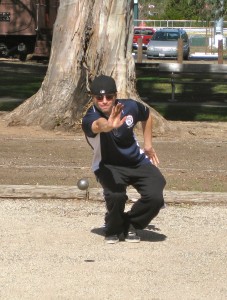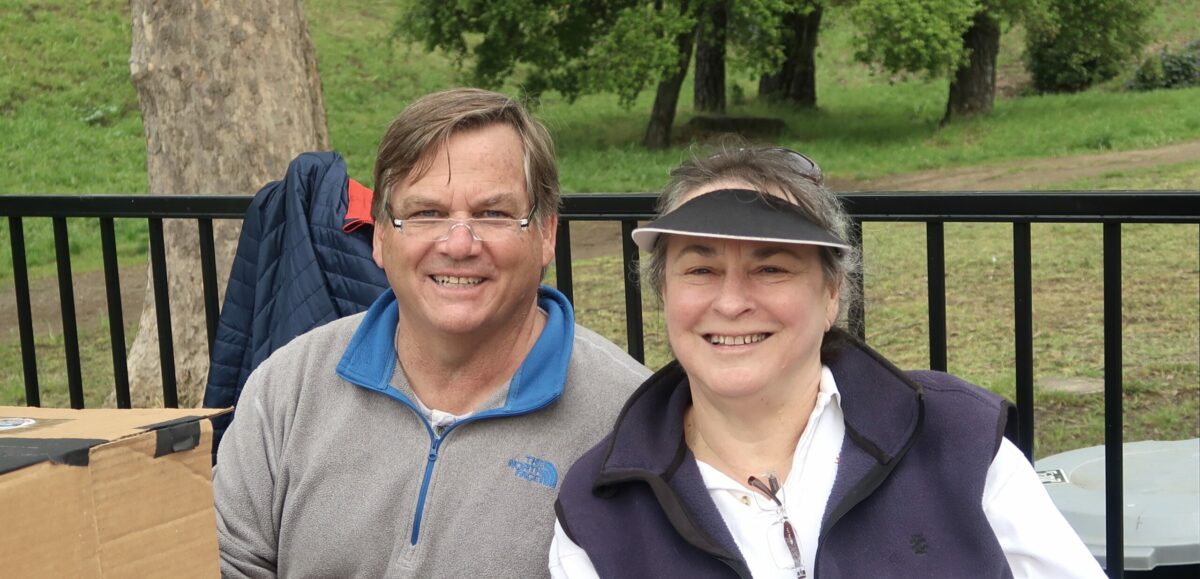I play pétanque about once a week. Friendly little games on the local field.
Everybody meets on the court, teams are formed and we go at it.
Some players are known as “shooters” and some as “pointers”.
There are also some bi-players (it’s not what you think) who can point but also shoot if the designated shooter runs out of ammo.
Shooters come in all shapes and sizes. Some are tall, some are short, some are skinny and some are chubby. They all can shoot of course, but what differentiates them from one another is their approach, their conception of the game.
Some shooters do not hesitate to fire their balls while some dither, preferring to take a “wait and see” attitude.
This is not my cup of “pastis”.
To me, a shooter has to be proactive. He should shoot without any hesitation if the situation calls for it. Procrastination is the antithesis of success.
If right at the beginning of a game, an enemy ball is hugging the cochonnet, it has to go. And sooner than later.
Waiting to shoot can become problematic, especially when enemy boules begin to mass in front of the target.
 At the same time, a shooter shouldn’t target a ball just because it is in the close proximity of the cochonnet. He has to weigh the pros and the cons of his action and be in agreement with the pointer.
At the same time, a shooter shouldn’t target a ball just because it is in the close proximity of the cochonnet. He has to weigh the pros and the cons of his action and be in agreement with the pointer.
If they constantly differ about what to do (it happens), disharmony will sink the ship.
A true shooter is somebody who can shoot “au fer” (to the iron) and who can send his balls flying over enemy lines.
If you are shooting “ a la rafle” or “a la rasbaille” (your ball hitting the ground before hitting the target) your options are more limited. The minute a ball blocks a direct path to the intended target, your shooting is impeded.
Useless to say that if you are a “rasbailleur” you are not considered a true shooter and are often looked down by “real” shooters.
A “rasbailleur” nevertheless can be successful, but he is definitely not as effective and glamorous as a “tireur au fer”.
In pétanque games both sides have artillery, but big guns need to be used judiciously. A gunner has only a limited number of shots in his quiver and the strategy of a weaker team is to quickly defang the opposite shooter.
That’s the job of the pointer; to place exquisitely accurate shots and force the opposing shooter to spend his ammunition.
But games are not won by shooters alone. Pointers deserve a large part of the credit.
They are the foot soldiers of pétanque wars and without them victory can prove elusive.
To sum it up, a game is won by the skills of both, pointers and shooters, but ultimately by the cooperation and the decisive strategy adopted by the team.
Alain
